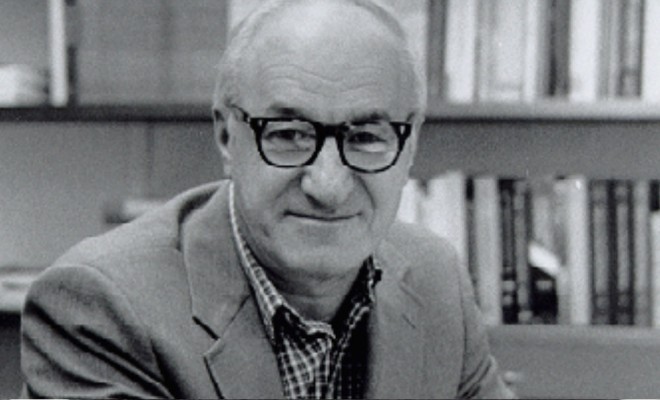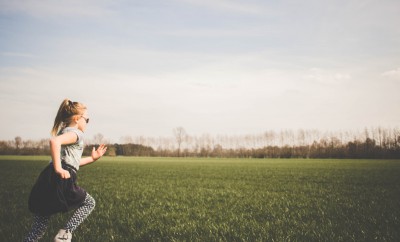
Child Development
Child Development Theories: Albert Bandura
Albert Bandura developed a social learning theory which proposes three regulatory systems to control behaviour. His research analysed the roots of human learning and noted the importance of observation in the learning process. He found that children and adults readily adapted their behaviour to conform with certain models – a feature which has implications for behavioural change.
Albert Bandura (1925- ) has contributed much to the fields of education and psychology. His best-known work is perhaps an influential social learning theory and the development of the theoretical construct of self-efficacy. Bandura’s role as an important link between behaviourism and cognitive psychology should not be underestimated.
Albert Bandura’s social learning theory
Bandura believes observation, imitation, and modelling are central components of the learning process, and that behaviourism alone can’t account for every kind of learning. Thus his theory is a blend of:
- Behavioural theory – which posits behaviours are the result of conditioning, and
- Cognitive theory – which gives weight to psychological features like attention and memory.
Bandura added a social element to the behaviourist concepts of conditioning, reinforcement, and punishment, pointing out that watching other people is a common way to learn new information and behaviours. For instance, just watching others play cricket (even on TV) will give you a good idea of what a cricket bat actually does.
Social learning’s core concepts (Bandura, 1977)
1. Observation is part of learning
Bandura’s ground-breaking Bobo doll experiment showed children can imitate violent behaviour. However, Bandura classified three types of observational modelling:
- Active – imitating a real person’s behaviour
- Verbal – following descriptive accounts of behaviour
- Symbolic – taking inspiration from the exploits of real or fictional media characters.
2. Mental states are key
The best learning only occurs when the learner is fully motivated. Bandura maintains this implies intrinsic reinforcement (e.g. pride, satisfaction and a sense of achievement) is also present.
3. Learning won’t guarantee behavioural change
Some learning produces instant new behaviours – e.g. riding a bike. However, other types of learning may not always produce observable behavioural change.
For learning to take place, the following features must always be present:
- Attention – non-engagement or distraction impairs learning.
- Retention – what is learned must also be retrievably stored.
- Reproduction – practising the learning is essential to refine and advance any new learning.
- Motivation – the quality of motivation will influence the quality of learning, seeing others experience reinforcement and punishment can be as effective as personal experience.
Social learning theory highlights the importance of good role models – and explains the corrosive influence of poor ones.
Bandura’s theory has received biological support via the discovery of ‘mirror neurons’. These neurons may constitute neurological evidence of our human drive to imitate, and have been shown to fire in the same way when an animal does something itself, and when it observes the same action performed by another.






You must be logged in to post a comment Login